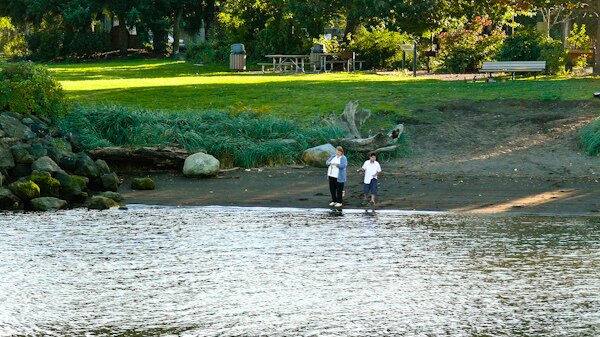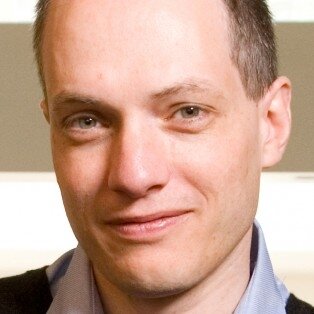
“If you come down to the Duwamish River,” say Seattle’s Episcopals (we’re paraphrasing), “bet you gonna find some people who live.” Saint Mark’s Episcopal Cathedral, the Church of the Ascension, and Earth Ministry want to help you rediscover the Duwamish River this summer, so they are promoting a series called The Duwamish: a People and a River.
The Duwamish has long been a river in the wrong place at the wrong time, flowing through industrial Seattle in an age when environmental regulations were few and far between, and then, once it had acquired the reputation of being “industrial Seattle’s sewer,” what was the point in trying to keep it clean?
It’s now a Superfund site–“Pollution in the river sediments includes polychlorinated biphenyls (PCBs), dioxins/furans, carcinogenic polycyclic aromatic hydrocarbons (cPAHs), and arsenic”–but remediation has been slow because no one wants to pay for what might yet be found down there. And too, there is the question of only making things worse by stirring up a century of contaminated sediment. The Duwamish River Cleanup Coalition will be happy to bring you up to speed on what’s being done, and what you can do.
A few years ago, I took a Duwamish tour with the Port of Seattle, and it was eye-opening. Against all odds, the river is returning to life, though with deep scars (the river’s salmon all contain PCBs, and there are health risks from eating any of the bottom-feeding marine life, which doesn’t say much good about the health of marine life in general).
“You can choose to be a part of the solution in salmon survival by participating with us in activities to support a healthier Duwamish River,” say the Episcopals. They invite you to meet members of the first people of the area, the Duwamish Tribe, during a Longhouse tour. It’s a new Longhouse, open Monday through Saturday from 10 a.m. to 5 p.m. “It’s free,” the Duwamish tell you, adding in a sort of deadpan: “It is the first longhouse built in Seattle since the last one was burnt down to force the Duwamish out of Seattle.” It’s not all that surprising to note that their current effort is to get the federal government to agree that they exist.
Tour the Longhouse as part of the Family Bike Ride on July 15, followed by a boat tour August 18, and a Walk/Bike/Paddle day on August 25. (Event information is listed below.)
Events
July 15 – Family Bike Ride
2 p.m.—4 p.m. Peddle along the Duwamish/Green River.
Contact: Rene Marceau at or
August 18 – Boat Tour of Waterway
10 a.m.—12 noon Duwamish River Cleanup Coalition; Harbor Island Corporate Center (Gate C), 1001 Klickitat Way $20 pre-event tickets / $25 day of tour. Contact: Betsy Bell .
Sponsored by Saint Mark’s Cathedral, Church of the Ascension, Earth Ministry
August 25 – Walk/Bike/Paddle the Duwamish Waterway
9:00 a.m. Meet at Duwamish Waterway Park (South Park) 7900 10th Ave S.
12 Noon Duwamish Festival Food, entertainment and Duwamish clean up information
